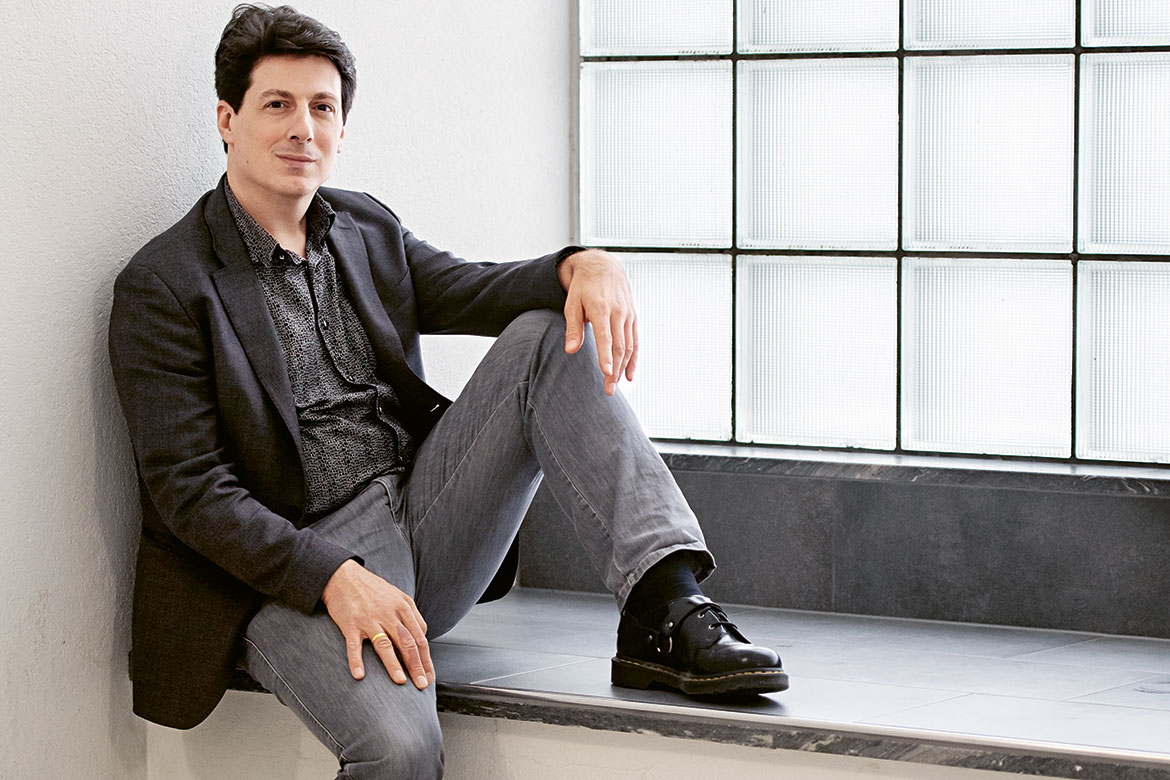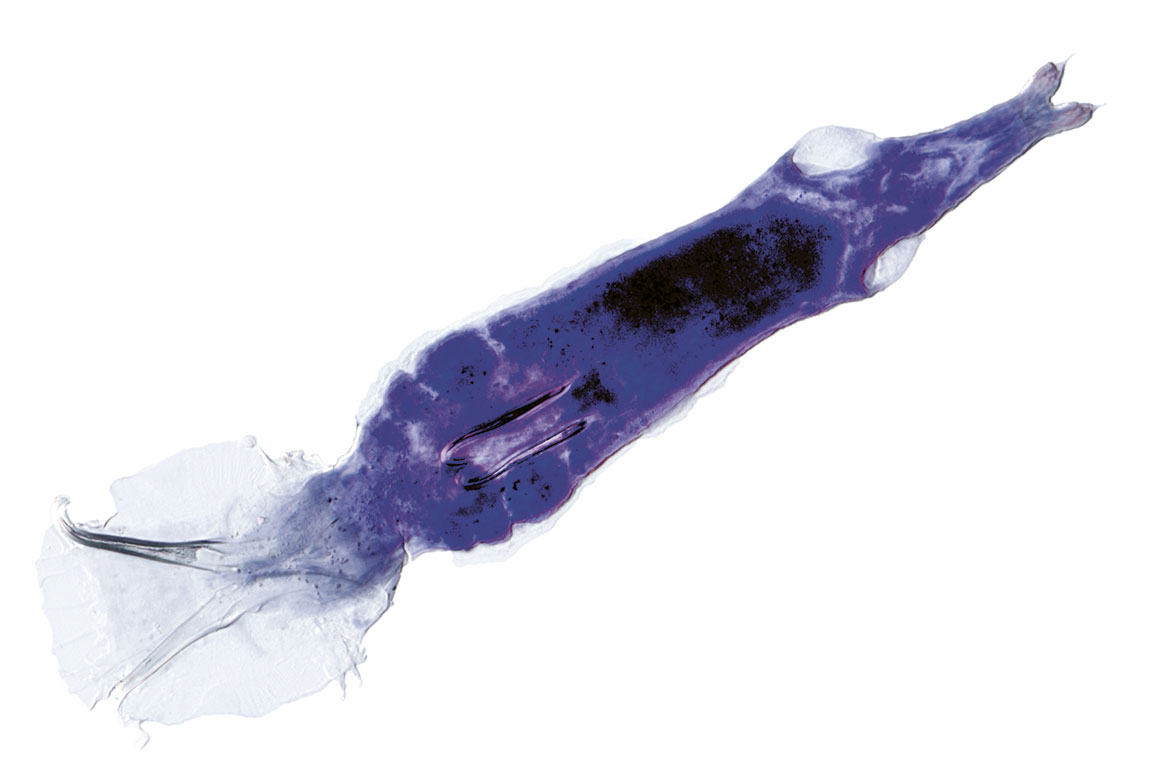“Even a worm researcher has to fictionalise in his work”
According to the literary scholar Philipp Theisohn, science provides fiction with great subject-matter, and authors find scientists rewarding characters to capture in writing.

Philipp Theisohn (44) will assume a full professorship in modern German literature at the University of Zurich in the summer of 2019. | Photo: Valérie Chételat
Whether they’re mad geniuses, evil geniuses, or just a corpse in a thriller – researchers don’t have an easy time of it as protagonists in literary fiction.
Philipp Theisohn: Researchers never have it easy, but the cliché isn’t quite accurate either. Today, especially among young authors, the scientific perspective is seen as something poetic. They use it in order to tell stories. This is thanks to the Romantic tradition that viewed the natural sciences and literature in the same way. You’re thinking of iconic figures like Dr. Strangelove. They correspond to the Faustian ideal for whom knowledge is more important than anything. The mad professor crosses societal boundaries and is possessed by the devil of science.
Why are scientists well-suited to be characters in fiction?
Because they are ambivalent. They think in very structured ways and yet are normal people at the same time. That creates tension. What is life like for a person whose passion is microbiology? Would they drink coffee at Starbucks like everyone else? And if a psychologist has a love affair, what’s it like?
But researchers like to write fiction too, despite being in a profession that involves hunting for facts. Why is this?
Everyone faced with the unknown has to make assumptions. Science fiction has to conjure up realistic, future worlds, such as after a climate catastrophe. Creating these literary spaces can pose new questions, and fiction can thereby help to provide us with new knowledge.
So is fiction a place of longing for researchers?
In a sense, yes. In fiction, questions can be solved both spontaneously, and provisionally. Even a worm researcher has to fictionalise in his work and interpret his findings. Whoever dissects a glacier mummy is always trying to find out where it came from. That’s fiction.
When researchers write fiction, do they also use it to explain their scientific work?
Those books are usually the worst kind. If you write a novel out of a desire to explain cell biology, then you’ve simply chosen the wrong genre.
What scholar or scientist has written the best fiction?
No one can beat Umberto Eco.
Do novels about science have any value in communicating knowledge about the academy?
We learn how scientists see the world. We learn how systematic thinking can have an impact on our subjective perception, even though it ostensibly aims to objectify things. If a non-scientist reads a novel that features a scientist at the heart of it, he or she enters into a fictional world that has been put through a kind of filter. Scientists deconstruct the world after their own fashion and then put it back together again. How does a sociologist experience a disco? In texts of this kind, factual details are less decisive than the performative aspect. If you just want to know how cloning works, you can look it up on Wikipedia instead.
To what extent does literary fiction have an impact on science?
We mustn’t jump to conclusions here. Just because Edward Bellamy imagined a money card in 1888 doesn’t mean its existence today was ever inevitable. Fiction is one thing. What matters is conjecturing future needs. If I imagine a new world, I am also creating a space for things whose necessity we cannot yet see; in other words, I’m creating a space for inventions. This is why companies in Silicon Valley like to employ writers. Sometimes they’re a few steps ahead of reality.




